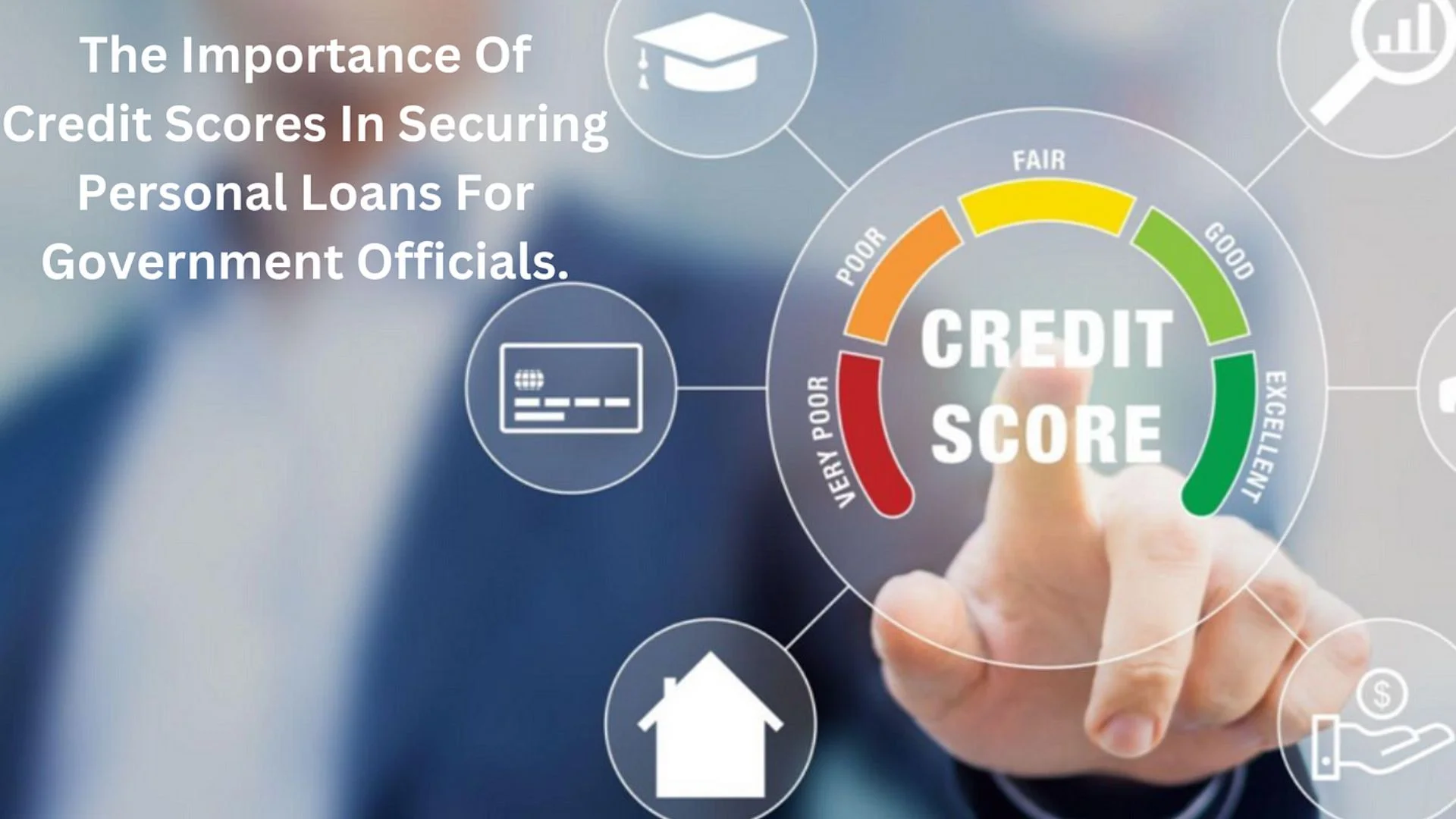Introduction
In today’s financial landscape, creditworthiness plays a pivotal role in accessing loans and other forms of credit. For individuals with fair credit, defined typically as a credit score ranging from 620 to 679, the options for obtaining unsecured loans can be challenging yet feasible. This article delves into the nuances of unsecured loans for individuals with fair credit, exploring what they are, how they differ from secured loans, available options, and strategies for improving creditworthiness.
Understanding Unsecured Loans
Unsecured loans are financial products that do not require collateral, relying solely on the borrower’s creditworthiness and ability to repay. For those with fair credit, these loans provide opportunities to finance various needs without pledging assets like homes or cars as security. Common examples include personal loans, credit cards, and certain lines of credit. Unlike secured loans, where collateral mitigates the lender’s risk, unsecured loans hinge primarily on the borrower’s promise to repay.
Challenges for Fair Credit Borrowers
Individuals with fair credit face several challenges when seeking unsecured loans. Lenders typically perceive fair credit as moderate risk, which may result in higher interest rates and stricter terms compared to borrowers with excellent credit. Moreover, approval for larger loan amounts may be limited, and some lenders might require co-signers or additional documentation to mitigate perceived risk.
Types of Unsecured Loans
- Personal Loans: These loans are versatile and can be used for various purposes, such as debt consolidation, home improvements, or unexpected expenses. Interest rates and terms vary widely based on the lender and borrower’s credit profile.
- Credit Cards: Credit cards are revolving lines of credit that allow ongoing borrowing up to a predetermined limit. For fair credit borrowers, there are specific credit cards designed to help rebuild credit or provide access to credit with manageable terms.
- Lines of Credit: Similar to credit cards, lines of credit offer flexible borrowing limits. They can be secured or unsecured, with unsecured lines typically requiring better credit scores for approval.

Strategies to Improve Approval Chances
Improving one’s creditworthiness can enhance approval chances and improve loan terms. Strategies include:
- Monitor and Improve Credit Score: Regularly monitor credit reports for inaccuracies and work on improving credit habits such as timely bill payments and reducing credit utilization.
- Debt Management: Paying down existing debts can lower credit utilization ratios and demonstrate responsible financial behavior to lenders.
- Explore Alternative Lenders: Some financial institutions specialize in lending to individuals with fair credit, offering competitive terms compared to traditional banks.
Conclusion
In conclusion, while obtaining unsecured loans with fair credit presents challenges, it is feasible with strategic planning and understanding of the lending landscape. By leveraging available resources, improving creditworthiness, and exploring diverse lending options, individuals can access the financial resources they need while working towards better credit health. It is crucial to research thoroughly, compare offers, and consider professional financial advice to make informed decisions that align with long-term financial goals.
References
- Insert relevant sources and citations to substantiate claims and provide further reading.
Additional Resources
- Include links to helpful tools, credit improvement resources, and reputable lenders specializing in fair credit loans.
This comprehensive guide aims to empower individuals with fair credit to navigate the complexities of unsecured loans confidently, fostering financial resilience and responsible borrowing habits.
